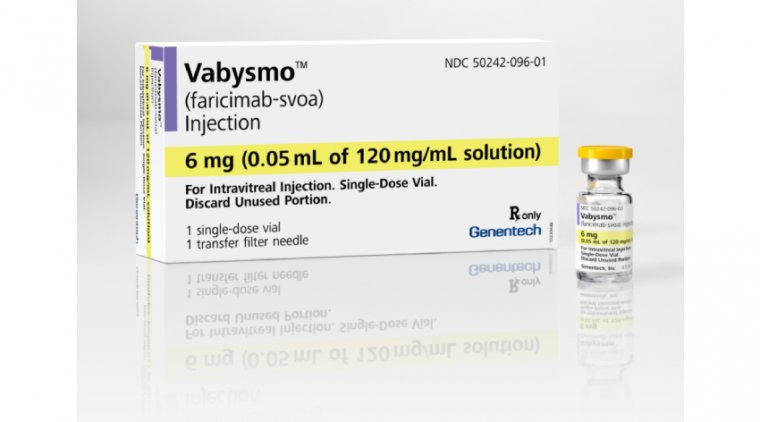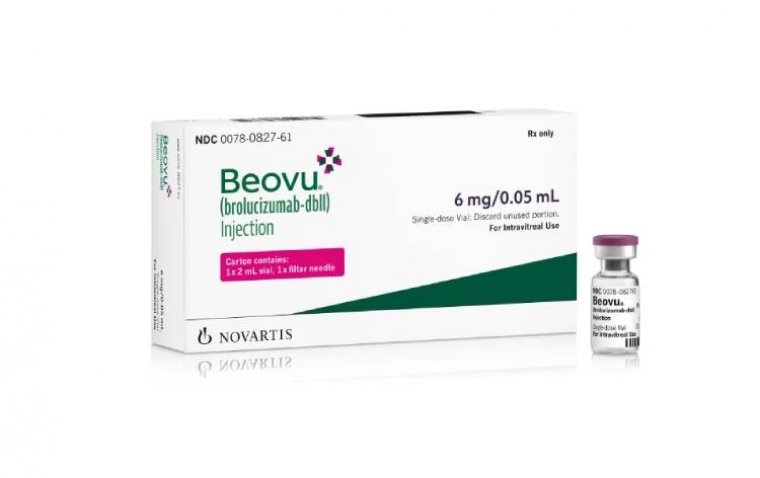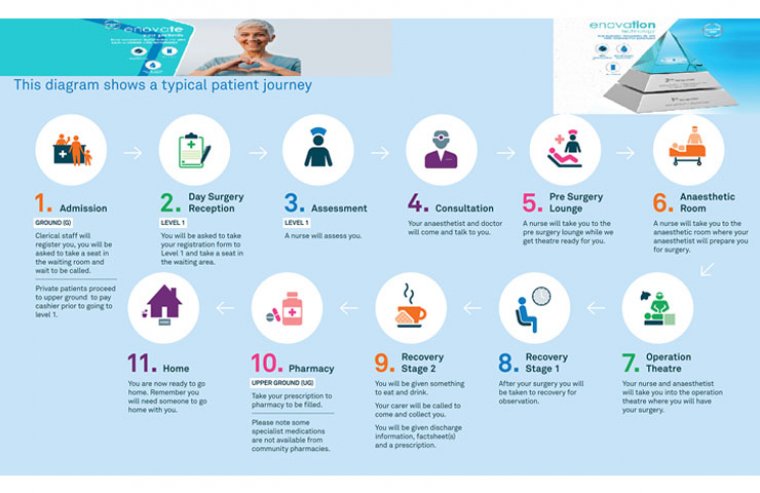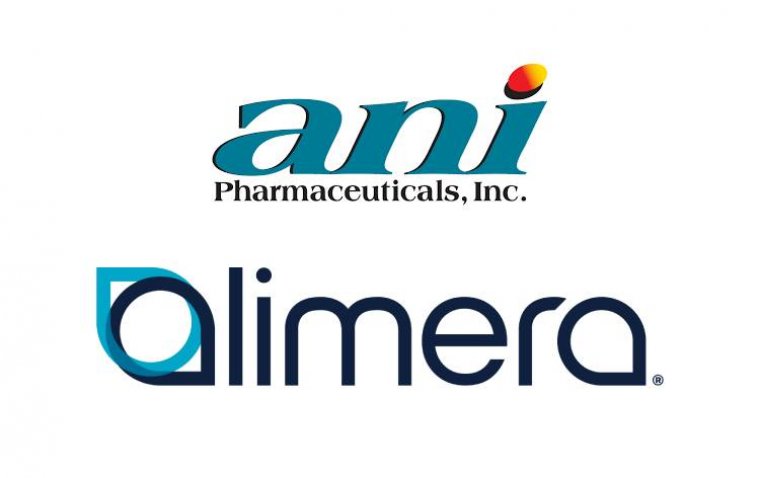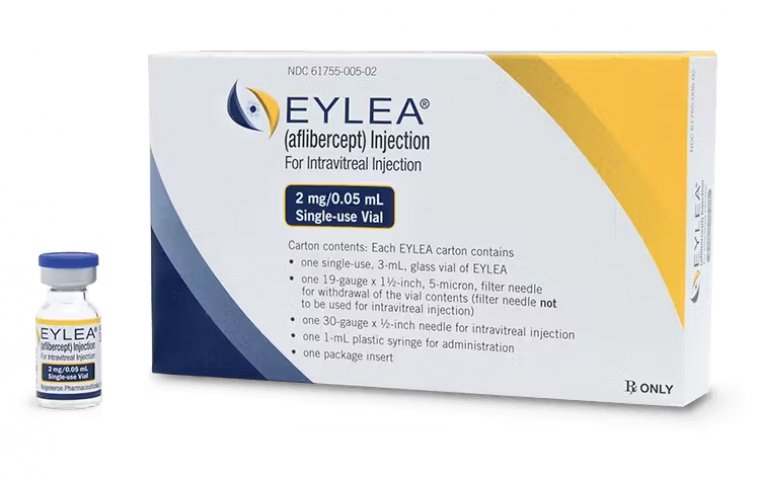
New Fish Oil Supplement Offers Hope for Preventing Vision Loss
According to a recent study, scientists may have found a promising treatment for one of the leading causes of blindness worldwide. The study suggests that a new fish oil supplement could hold the key to preventing vision loss caused by diseases such as age-related macular degeneration, Alzheimer's and diabetes.
Researchers have developed a new type of omega-3 fatty acid that has the ability to penetrate the retina of the eye. This new supplement has been shown to effectively ward off age-related macular degeneration (AMD), which is one of the leading causes of blindness.
In the study, the fish oil supplement was administered to mice and was found to be quickly absorbed into the bloodstream from the intestines. From there, it was able to cross into the retina, where it protected against vision loss caused by AMD.
After being fed the new type of supplement, the mice demonstrated an almost 100% increase in the level of essential omega-3, specifically docosahexaenoic acid (DHA), in their retinas six months later. Unlike the omega-3 present in conventional fish oil supplements available in the market, the laboratory-manufactured variant of DHA was efficiently absorbed from the intestine into the bloodstream and further transported from the bloodstream into the retina.
For years, researchers have been studying the potential of omega-3 fatty acids in the diet to decelerate the loss of vision, primarily caused by age-related macular degeneration (AMD).
Currently, there is no cure for AMD, and healthcare professionals can only offer eyeglasses or other visual aids to elderly patients.
The component, which is commonly present in fish and krill oil supplements, generally comes in the form of triacylglycerol (TAG) DHA, which cannot move from the bloodstream to the retina.
Professor Sugasini Dhavamani in the Department of Medicine at the University of Illinois at Chicago and lead author of the report said: “Dietary LPC-DHA is enormously superior to TAG-DHA in enriching retinal DHA and could be potentially beneficial for various retinopathies in patients. This approach provides a novel therapeutic approach for the prevention or mitigation of retinal dysfunction associated with Alzheimer’s disease and diabetes.”
Researchers Are Optimistic About the Future of This Treatment
Although studies on the specific omega-3 acid in humans have not yet commenced, the initial findings are promising, indicating that over 23 million individuals, including those with retinopathy linked to diabetes or age-related macular degeneration, could benefit from a newly formulated dietary supplement.
Individuals with Alzheimer’s disease, diabetes, rare eye diseases like retinitis pigmentosa, age-related macular degeneration, and peroxisomal disorders that affect metabolism often have insufficient levels of retinal DHA, leading to visual impairments.
Omega-3s are available in supplement form but are also naturally present in several foods such as salmon, other fish, leafy vegetables, whole wheat bread, and walnuts.
The researchers conducted a study using their LPC-DHA supplement on mice that had been genetically modified to exhibit processes similar to early-onset Alzheimer’s disease.
After six months, the mice that were given LPC-DHA daily demonstrated a 96 percent increase in retinal DHA content, along with preserved retinal structure and function.
Meanwhile, TAG-DHA supplements did not show any impact on the functioning or levels of retinal DHA. DHA is abundant in the retina of healthy eyes and is crucial in preserving photoreceptors that are responsible for transforming light into signals transmitted to the brain.
Adequate levels of DHA in the retina offer protection against oxidative stress and damage resulting from intense light exposure. Recent studies indicate that individuals with elevated levels of DHA in their blood are better protected against dementia and Alzheimer's disease.
Professor Dhavamani said: “Increasing the retinal DHA at clinically feasible doses has not been possible until now because of the specificity of the blood–retinal barrier that is incompatible with the specificity of the intestinal barrier. This study uses the novel approach of dietary LPC-DHA that overcomes both intestinal and blood–retinal barriers and improves retinal function.”
According to the researchers presenting their findings at the annual meeting of the American Society for Biochemistry and Molecular Biology, the amount of LPC-DHA administered to the subjects was comparable to a daily intake of 250-500 milligrams of omega-3 fatty acids, which falls within the range recommended by the National Institutes of Health and the American Heart Association for humans. However, additional studies are necessary to verify the safety and efficacy of LPC-DHA in human usage.
(1).jpg)


